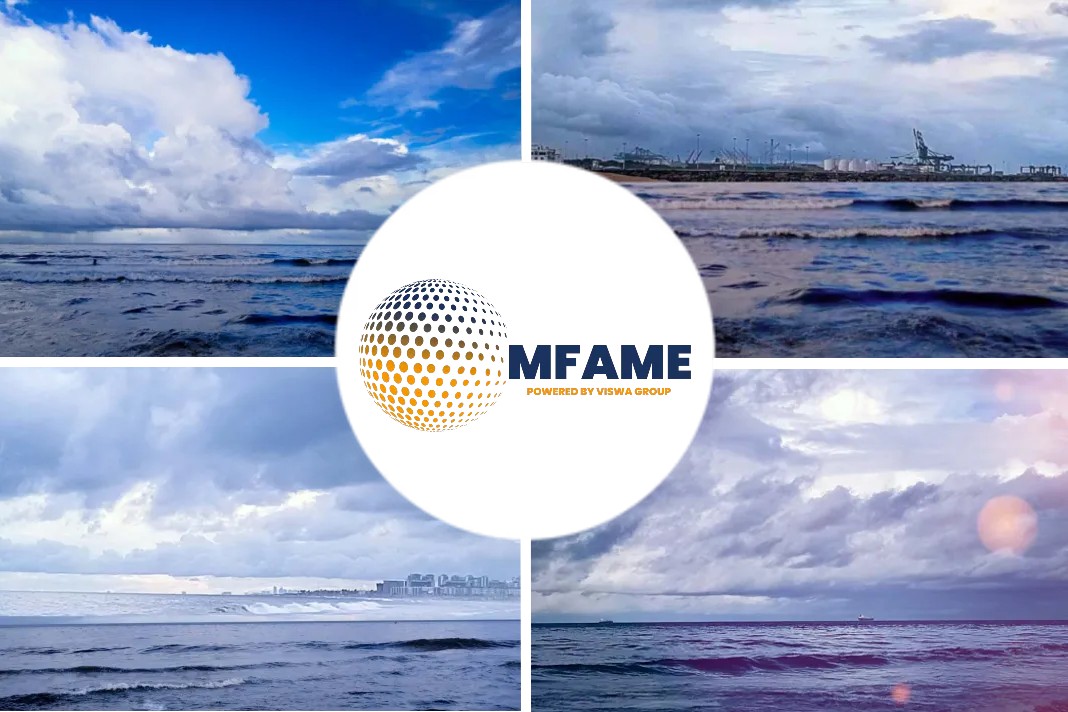- The global maritime community has adjusted to the new status quo that the Covid-19 pandemic has brought forth.
- GAC has pioneered fumigation, disinfection, and sanitization service for vessels at its four ports.
Conditions for crew changes worldwide have improved in the last six months, but not by enough. The global shipping community needs to maintain its pressure on IMO member states, says an article published in Seatrade Maritime News.
Last year, every crew change that was successfully completed felt spectacular. They were complex undertakings with many variables and unknowns, as government directives and medical advice changed regularly, even daily. Since then, the international maritime community has adjusted to the new status quo that the pandemic has brought forth. The industry’s efforts to persuade state and local governments to recognize seafarers as critical workers have paid off, although crew adjustments remain challenging in many parts of the world.
Vaccinations lagging
More than half of the world’s 1.7 million seafarers come from countries with vaccination programs behind wealthier nations. Many seafarers are still unable to obtain immunizations that would make their journey home and back more feasible. On a more positive note, certain IMO member states, including the United States, India, Germany, Cyprus, Belgium, the Netherlands, and Australia, are attempting to boost seafarer vaccination rates. Almost all of these activities are spearheaded by local NGOs and government agencies with ties to the sector. Among those campaigning to ease the plight of the maritime workforce is the Global Maritime Forum’s Neptune Declaration on Seafarer Wellbeing and Crew Change – of which GAC is a signatory.
Global dynamics
According to the GAC team, authorities in Oman are constantly monitoring crew change processes and safeguards taken to reduce the possibility of Covid-19 spreading. GAC has won their trust, but in light of recent health and travel recommendations, crew changes are still handled on a case-by-case basis. Depending on the nationalities of the seafarers engaged, our Abu Dhabi colleagues have noticed an increase in the number of procedures and medical tests necessary.
Even when last-minute information and action were required, GAC effectively planned and coordinated multiple crew changes in India. The new normal in Europe is better collaboration and closer engagement with local immigration and health authorities. On the other hand, crew workers without a Russian visa face greater obstacles in Russia than residents or those from visa-free nations.
Sanitation services
Maintaining the highest sanitation and social distancing standards is critical. Even a minor mishap can delay vessel quarantine or free pratique approval, so globally, GAC’s offices have adapted quickly to ensure that the highest standards are maintained. GAC and its local partners in Sri Lanka have pioneered fumigation, disinfection, and sanitization service for vessels at its four ports. The deep cleaning service is offered to vessels sailing the East-West shipping routes close to Sri Lanka.
More to come
Seafarers must continue to be supported by the shipping industry, with all IMO member nations under pressure to identify them as critical employees. Stress and exhaustion are as big an issue as the potential for severe sickness because of the sluggish vaccination roll-out, with crews remaining detained onboard past their contracted period. We are unlikely to have seen the last of the issues posed by the Covid-19 pandemic as new viral types emerge. GAC will continue to adapt and respond as a shipping agent responsible for port and husbandry services and an advocate for shipping firms and seafarers worldwide.
Did you subscribe to our daily newsletter?
It’s Free! Click here to Subscribe!
Source: Seatrade Maritime News

















